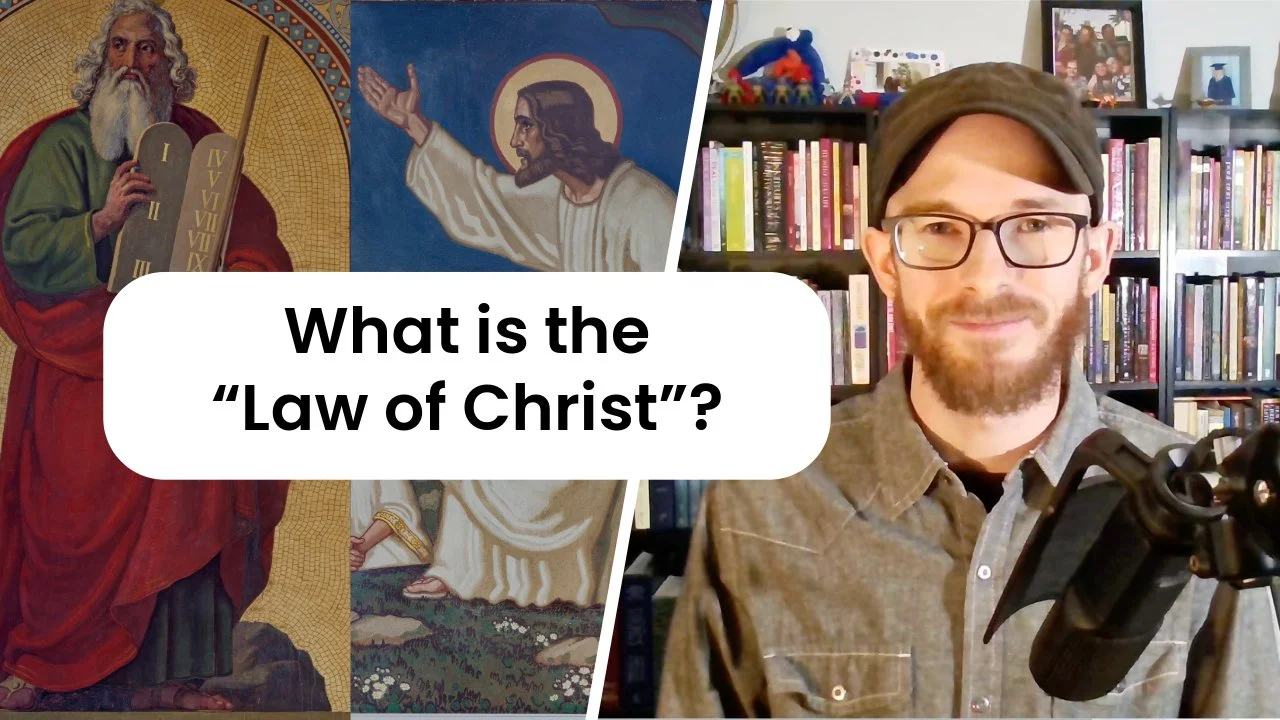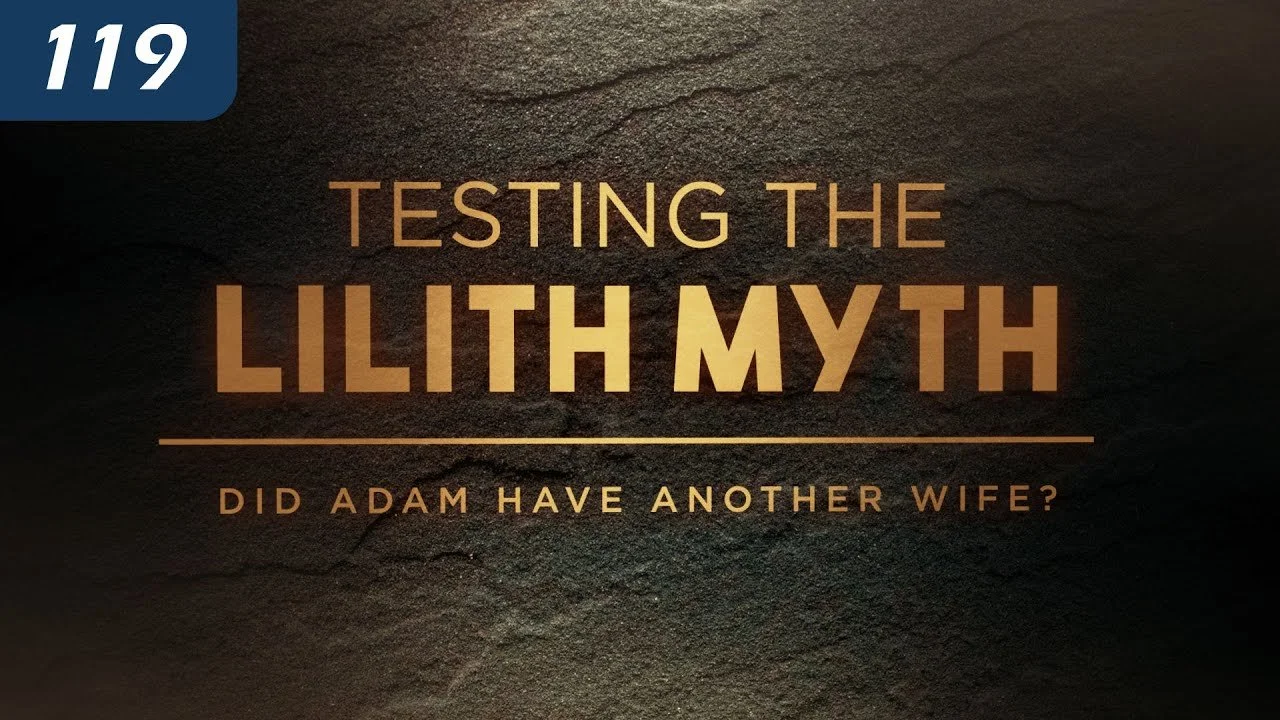The expression “law of Christ” appears only two times in the New Testament (Galatians 6:2; 1 Corinthians 9:21). Traditionally, interpreters have frequently understood this expression to refer to a new “law” or ethic that supersedes the law of Moses. However, there is a growing scholarly consensus that “law of Christ” directly refers to the law of Moses in some sense. This video makes a case for interpreting the phrase “law of Christ” in Galatians 6:2 and 1 Corinthians 9:21 as a reference to the law of Moses as it is taught and exemplified by Christ.
Who Created God? - A Response to Justin from "Bullet Holes in the Bible"
For centuries, Christians and other theists have utilized cosmological arguments to support the proposition that God exists. However, Justin from "Bullet Holes in the Bible" insists that Christians who employ such arguments are guilty of "doublethink." He illustrates this with the simple question: "Who created God?"
With this question, has Justin successfully dismantled the very foundation of religious belief? In this short video, we discuss why this question misses the point.
Should Christians Keep the Bible’s Food Laws?
The Name "Yeshua" is NOT Demonic
Deny Yourself and Follow Him | The Feast of Dedication (Hanukkah)
Do Pronomian (Pro-Law) Christians "Hate Jesus" and Reject His Work on the Cross?
The Law of Moses, the Gospel, and Antinomianism: A Response to R. L. Solberg
R. L. Solberg, an outspoken critic of Pronomian (pro-Law) theology, made a video where he argued that we cannot follow the Gospel of Jesus and the Law of Moses at the same time. I responded to that video and demonstrated why none of Solberg’s arguments prove his case. Solberg didn’t like my video and made another video objecting to my critiques. This video is my response to his response.
Dan McClellan is STILL Wrong About Ezekiel 20:25-26
Can we follow the Gospel of Jesus AND the Law of Moses at the same time?
The Divine Son: Exploring the Messiah's Deity in Hebrews 1
Is the Messiah God? The first chapter of Hebrews presents compelling evidence that he is. In this chapter, the author highlights the Son’s role as the creator and sustainer of the universe, emphasizes the Son’s divine essence, proclaims that the Son is worthy of the worship that belongs only to God, and explicitly identifies the Son as “God” and “Lord/YHWH.” In order to demonstrate each of these points, this video conducts a detailed exegesis of Hebrews 1 and answers objections from unitarians.
Insights into Hebrew Poetry and Prophecy (An Interview with Matt Nappier)
Sean Griffin is Wrong About the Book of Jubilees
Recently, I made a 15-minute video where I gave an overview of the Book of Jubilees and explained why Jews and Christians have never considered it Scripture. Sean Griffin did not like this video and made a three-hour response to it. This is my response to his response. (Don't worry—it is much shorter than Sean's.)
Is the Torah for Gentiles, too?
The Truth About the Book of Jubilees
Jubilees is a fascinating book that provides a window into the world of Second Temple Judaism. However, instead of appreciating it for what it is, a few teachers on the Internet exaggerate its significance and consider it to be inspired Scripture. This video provides an overview of the book of Jubilees and explains why it is not Scripture.





















